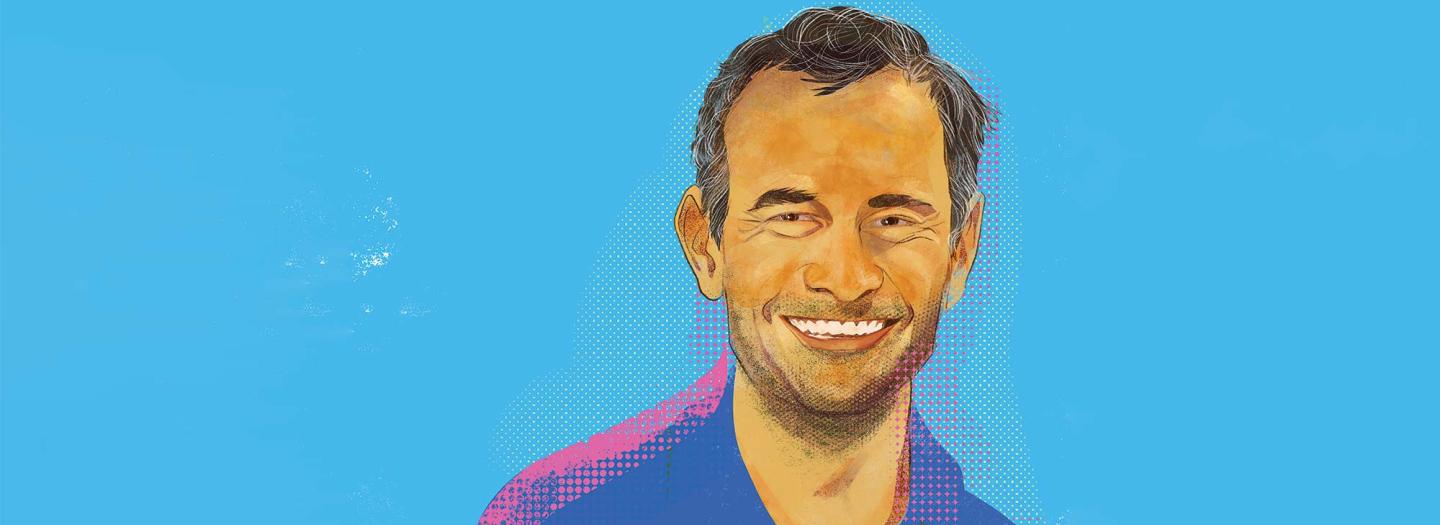Terry O’Connor, MD ’04 : Climate medicine: rethinking ‘no harm’ in a changing world
He’s helping health providers put a voice and face to the impacts of climate change.

Illustration: John Jay Cabuay
He’s helping health providers put a voice and face to the impacts of climate change.
